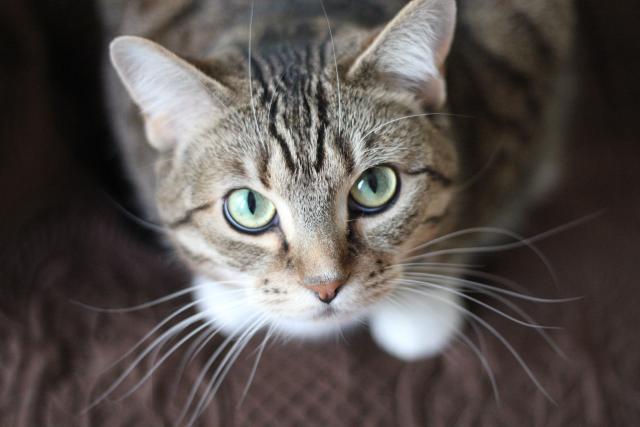By Corey Everitt
The State Government is opening it’s latest grants to councils for help in desexing cats while wider efforts are being managed by Cardinia Shire to prevent the environmental destruction from domestic and feral felines.
Councils can apply for grants of up to $25,000 to help desexing programs in areas with high problem areas and increase cat desexing rates in general.
In Cardinia Shire, their are 3,466 cats registered with Cardinia Shire Council, 3,217 of them are desexed. The council provides desexing at a reduced-fee from State Government subsidies.
The council revealed there has been 285 complaints relating to cats since July 2023, from poorly behaved to unwanted cats.
Feral and roaming cats have a significant invasive impact on the Australian environment, the Invasive Species Council estimates that cats kills over 2 billion animals a year in Australia.
The larger push by the State Government is to get cats desexed earlier.
“Although 95% of registered cats are desexed by the age of two, cats can have multiple litters in this time. This can sadly result in thousands of cats entering the Victorian pound and shelter system each year,” Executive Director of Animal Welfare Victoria, Dr Trevor Pisciotta said.
Cardinia Shire Council’s Coordinator Compliance Services, Samantha McMahon concurs with this, but says the young age to which they can breed means further active practices must be taken.
“Cat desexing certainly helps reduce cat wandering, but owners will generally need to try other methods to completely prevent it,” McMahon said.
“According to the RSPCA, cats can start breeding at 4 months old. If not desexed, one female cat and her offspring can produce up to 5,000 cats in 7 years – which is disastrous for our native animals and their habitat.
“Cats must be kept contained to their owner’s property at all times. This law is in place to protect native wildlife, reduce the feral cat population and spread of disease, and to limit nuisance cat behaviour.
“This regulation also keeps cats safe from harm. No one wants their pet to be injured or killed by a motor vehicle, yet this happens to so many cats that wander off their owner’s property.”
Cats which recieve complaints of wandering or nuisance, the owner can issued an official warning or a fine, the cat can also be taken to the pound where collection will incur a fee.
“If a cat is wandering or being a nuisance, let the owner know about the problem. If the problem persists, you could try hiring a cat cage from Council. This is a free service – a deposit is required but repaid on the cage’s return. Using one of these cages will not hurt the cat. Once a cat is caught in a cage, call Council to arrange its collection,” McMahon said.
The council says submit a service request or contact them directly if a cat continues wandering and or being a nuisance.







